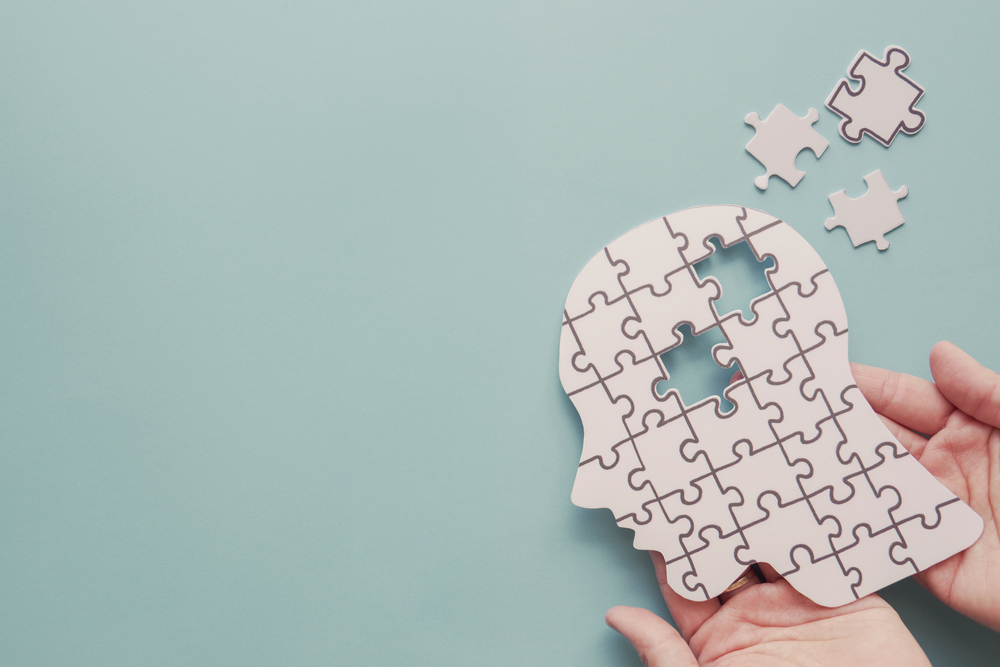[ad_1]
I spend most of my working hours trying to unlock superpowers. When I chose to pursue medicine—pediatrics, and later, developmental behavioral pediatrics—I didn’t realize I would be learning to decode languages. These languages aren’t always spoken, yet over time, I’ve developed a sharp instinct for reading them. Every time I step into an exam room, my task is to slowly unravel how a child sees the world, communicates with it, and makes sense of it. Each child carries their own code, moving through their environment with a distinct lens. I get to share in their perception, and they are my teacher in that moment.
As their doctor, my role is clear: I help parents crack those codes, showing them how to see the unique, neurodiverse tapestry within their child. My mission feels complete when I can help a child discover their own superpowers—and when I help them uncover new ones while walking alongside them on this journey.
Code language is all around us. Families have their own unique ways of communicating. Middle schoolers at recess speak a constantly shifting vernacular. Communication exists both in words and in gestures. Sometimes, maladaptive behaviors become a form of code—when emotions are too big to contain, they spill out in ways that demand to be understood. Embracing the diversity of how we communicate, and being curious about it, can help us celebrate our differences as a society and live together more harmoniously.
I think I know why I’m so passionate about giving a voice to these code languages. I grew up in a multilingual home, constantly shifting between Eastern and Western cultures. My Pakistani father and French mother would sometimes debate and discuss polarizing topics. I would listen quietly at first, before stepping in as mediator, like a judge, whenever their differences needed balancing. I’ve carried that dual perspective throughout my life. I’m always rooting for the underdog, and I tend to play devil’s advocate in conversations even today. I’m not satisfied until all voices have been heard.
When I help parents get a little closer to understanding the neurodiversity of their child or bring clarity to long-buried questions, I slowly chip away at denial, fear, and anger. In doing so, I help shed light on sadness, grief, and acceptance. This radical act of holding space with families is my contribution to the field I work in.
In those moments when I decode what’s unsaid, I slowly begin to unravel the painful narratives parents have held onto for so long, offering them the possibility of hope. This work humbles me and challenges me daily. I bring to it my own experiences—growing up with a neurodiverse family member, and now, as a mother, navigating the complexities of parenting in a fast-paced world that too often values quantity over quality. If I can offer even one moment of clarity to a single parent-child dyad, I consider that a tremendous success.
Roxanne Almas is a developmental behavioral pediatrician.

[ad_2]
Source link

